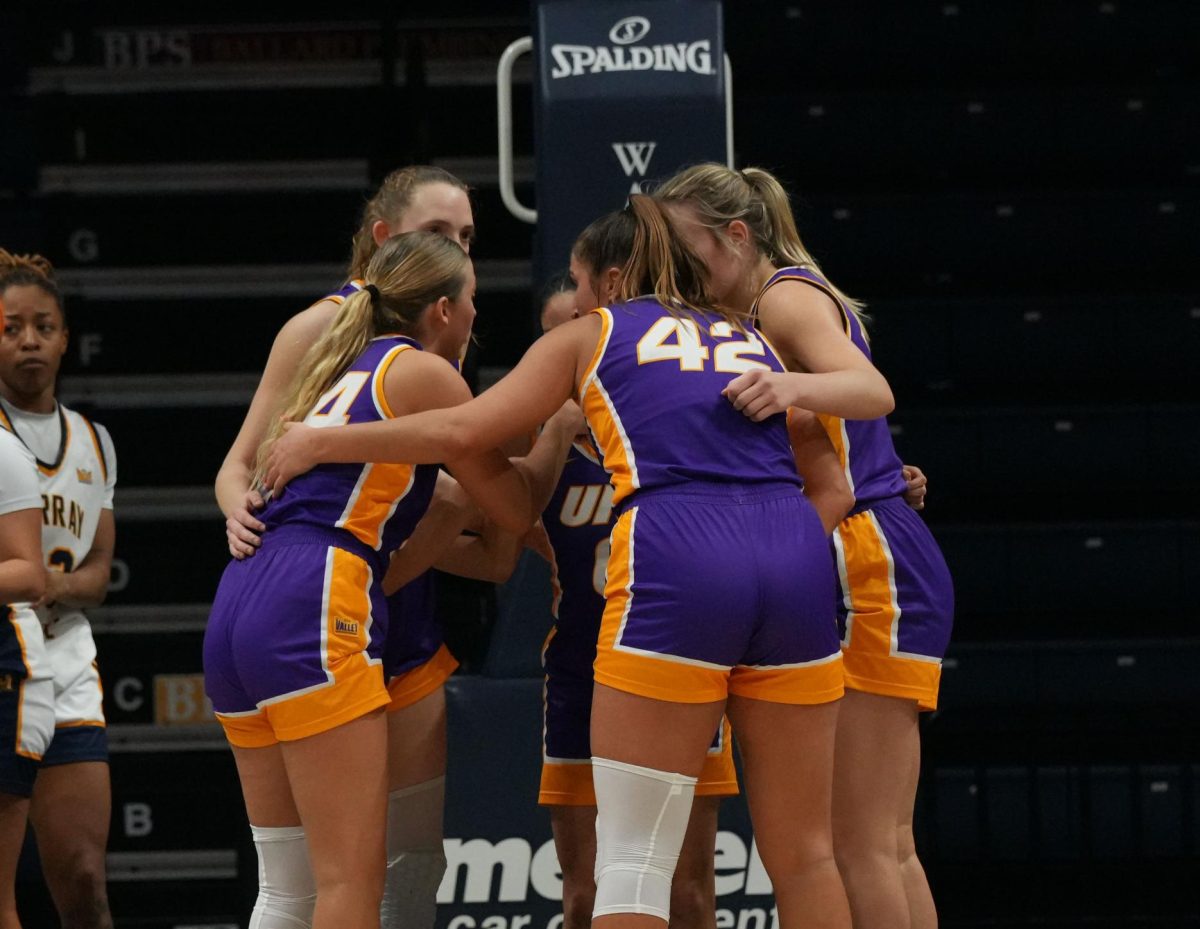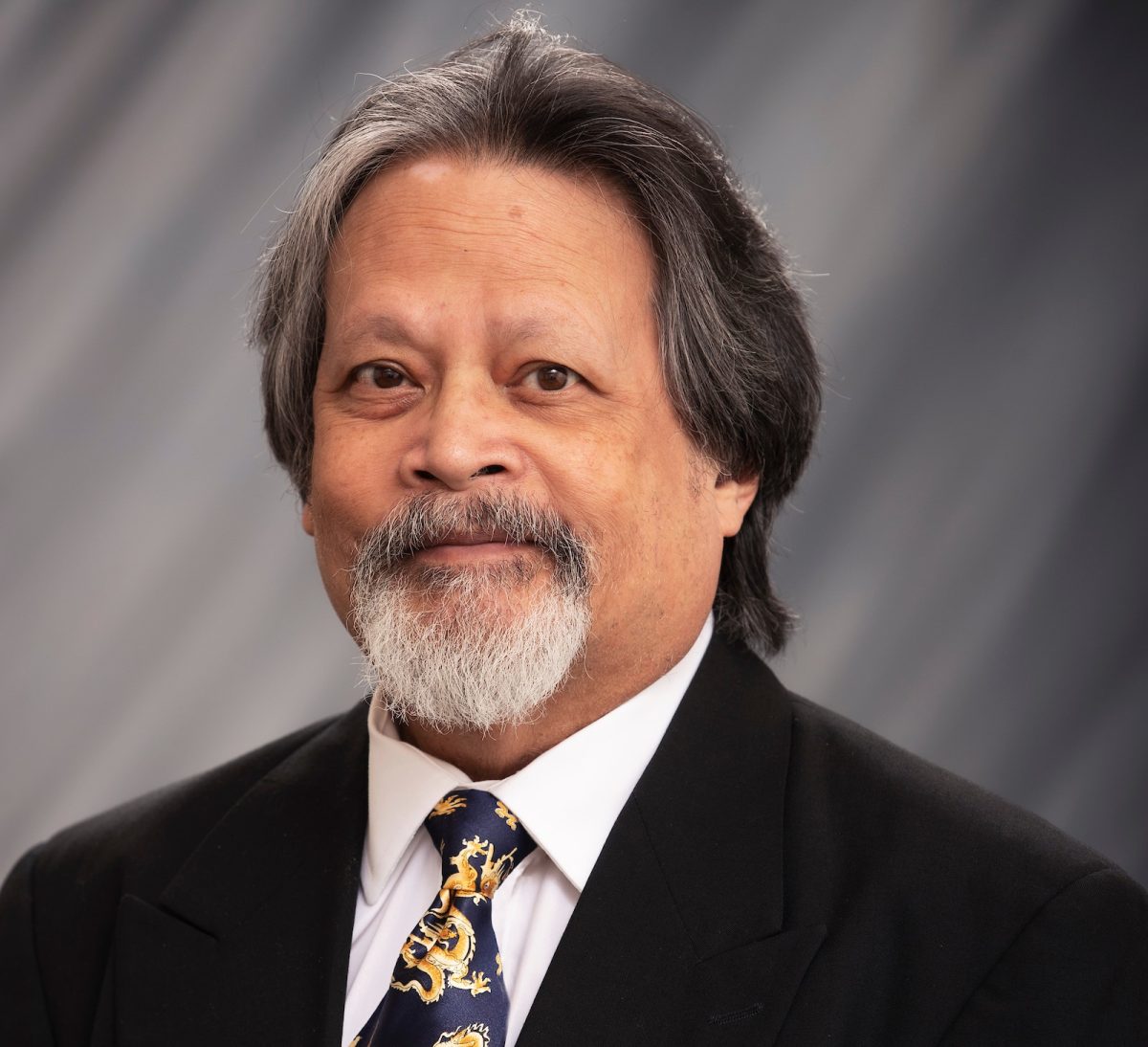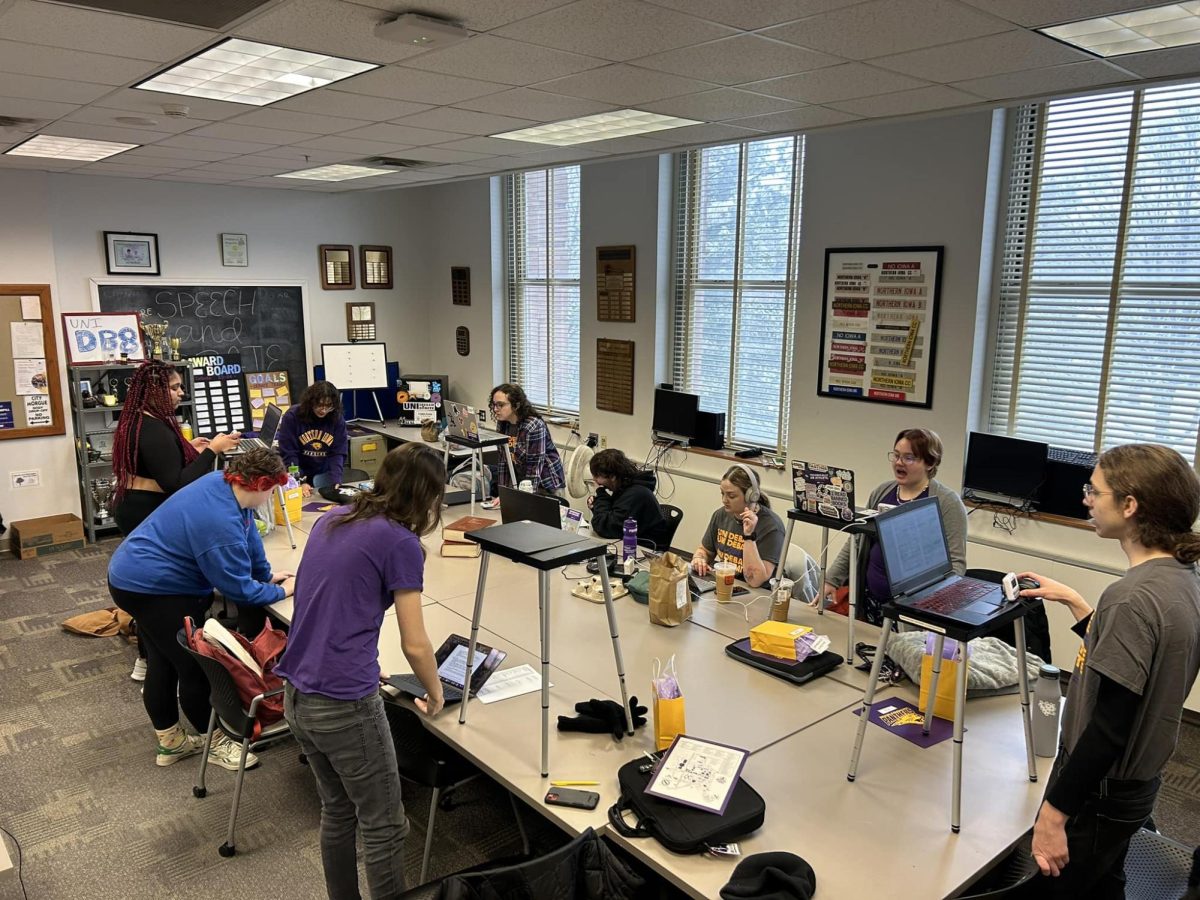A number of issues regarding the University of Northern Iowa Study Abroad Center were discussed during a faculty senate consultative session on Oct. 22.
These issues included the restructuring of the center, faculty compensation for short-term summer programs and the creation of a faculty oversight committee.
Craig Klafter, associate provost for international programs, told the faculty senate during the session that the Study Abroad Center recently underwent restructuring.
UNI is handling study abroad in a way that may be unique in the world, Klafter told the senate.
According to Klafter, in the prior system, outgoing exchange students’ tuition funded the operation of the Study Abroad office. Meanwhile, tuition set-aside funds fed a substantial scholarship budget to pay for the tuition of incoming exchange students, who were being charged nonresident tuition.
Klafter said other universities, and now UNI, have the outgoing students pay tuition into a fund that in turn pays for the incoming students, who are now charged in-state tuition.
I have implemented this change with the support of Provost (Gloria Gibson), and we saved in excess of $400,000 in scholarship funds, Klafter said.
The study abroad staff salaries are now paid for by monies from the general education fund of the university, and the money the office saved by changing the funding structure is now being put toward assisting domestic students who attend UNI.
Klafter said this has had a considerable impact on the Study Abroad Centers operation, as it changed the incentives for the office. Before the implementation of this change, more students studying abroad meant more money brought into the office to cover salaries of the staff. According to Klafter, this prioritized short-term summer programs.
One of the short-term summer programs the southern Italy capstone course was recently ranked as the No. 1 short-term study abroad in the United States by Abroad101, the worlds largest study abroad review website.
However, during the faculty senate meeting, faculty brought up a number of concerns regarding compensation for short-term summer programs and the academic quality of the programs.
Faculty compensation for abroad programs
At the faculty senate meeting, Gregory Bruess, a senator representing the College of Social and Behavioral Sciences, revealed a drastic decrease in the number of faculty-led summer programs within CSBS.
Previously, CSBS faculty led the most programs out of all of the colleges. Bruess said the number went from six programs to one.
I dont know if its a morale issue? Im sure a lot of it has to do with compensation, Bruess said. I couldnt believe that nobody here dropped their jaws or popped their eyes when they heard that we pay our own expenses abroad.
Bruess said that, in his experience, not only did he have to pay for his own airfare, but he also had to pay for internal travel out of his own pocket.
According to Bruess, the issue of compensation is affecting the quality of these programs. He said the Study Abroad Center has expanded the faculty-led study abroad programs to include those who have no expertise in the culture or language and who have not been in the countries themselves.
Kim MacLin, a professor of psychology and CSBS faculty senator, said, The policy to have faculty pay their own expenses may inadvertently encourage the vacation mentality.
MacLin said that although she has never led a study abroad program, she would expect to pay for her own food and many other things, but lodging and travel expenses should be covered by the university.
MacLin also said that while she thinks it would be a wonderful thing to be able to go to Europe or China to teach a class, in the end, she would still be doing so as part of her employment at UNI.
The decision about faculty being responsible for travel and hotel costs, according to Klafter, was the only viable option out of many. He also said that where faculty members did not earn enough (after expenses) to reach the level of compensation for a minimum adjunct course, the center would use extra funds generated by some programs to compensate faculty for the difference in pay.
Its not a perfect solution. I wish it was otherwise, Klafter said. I encourage United Faculty to propose that change. I do not believe there would be any resistance on the part of the university to such a proposal.12







